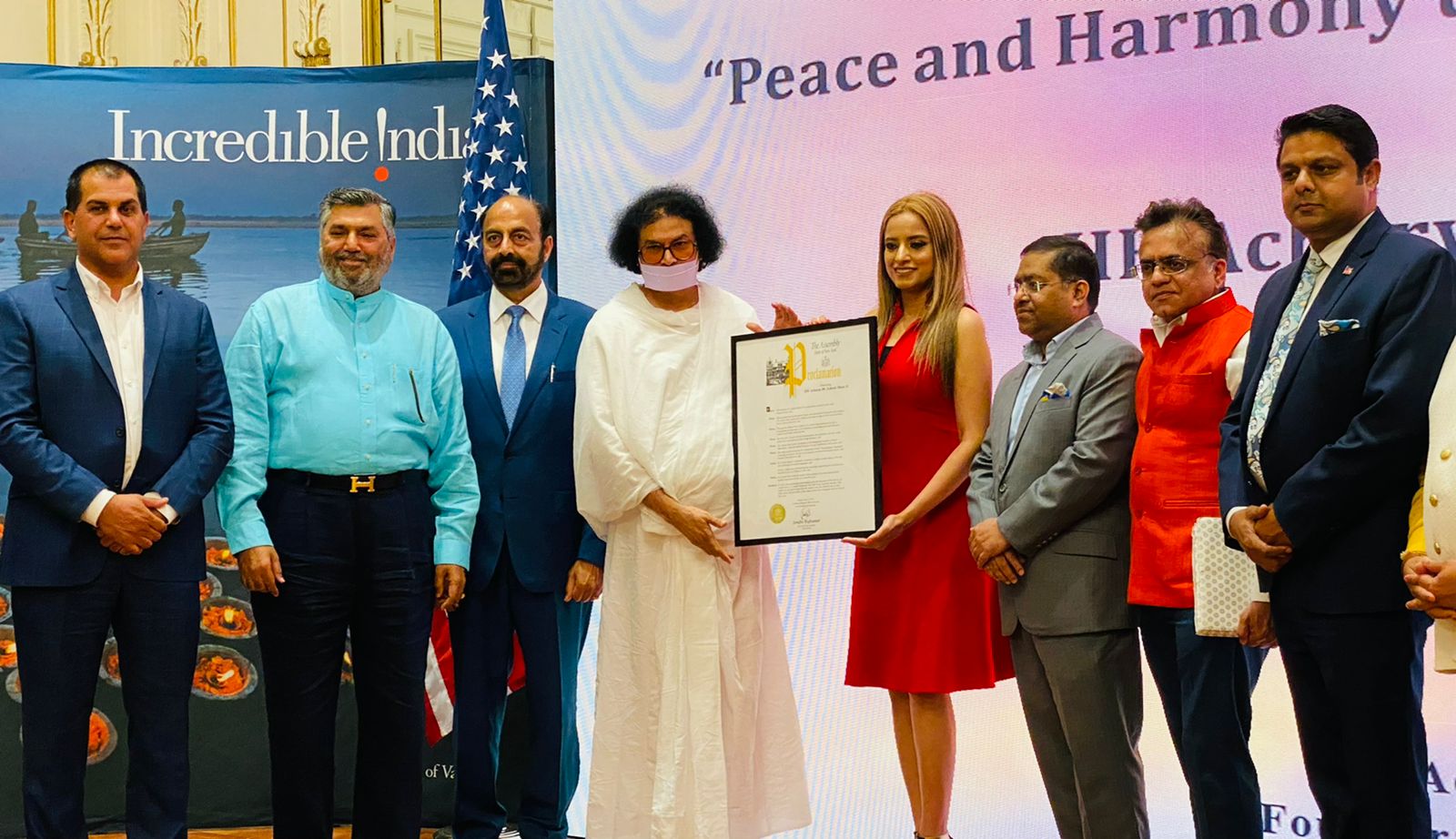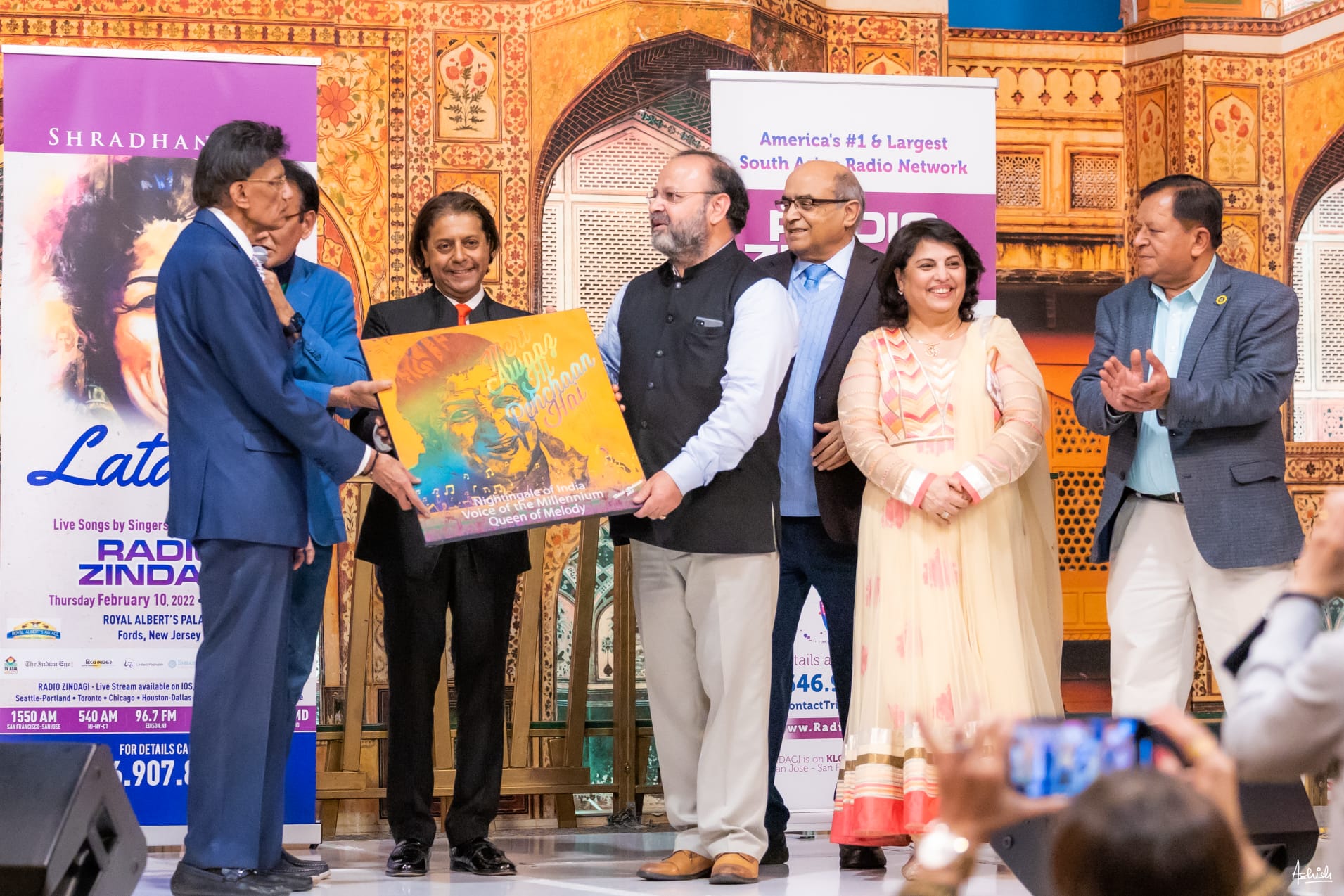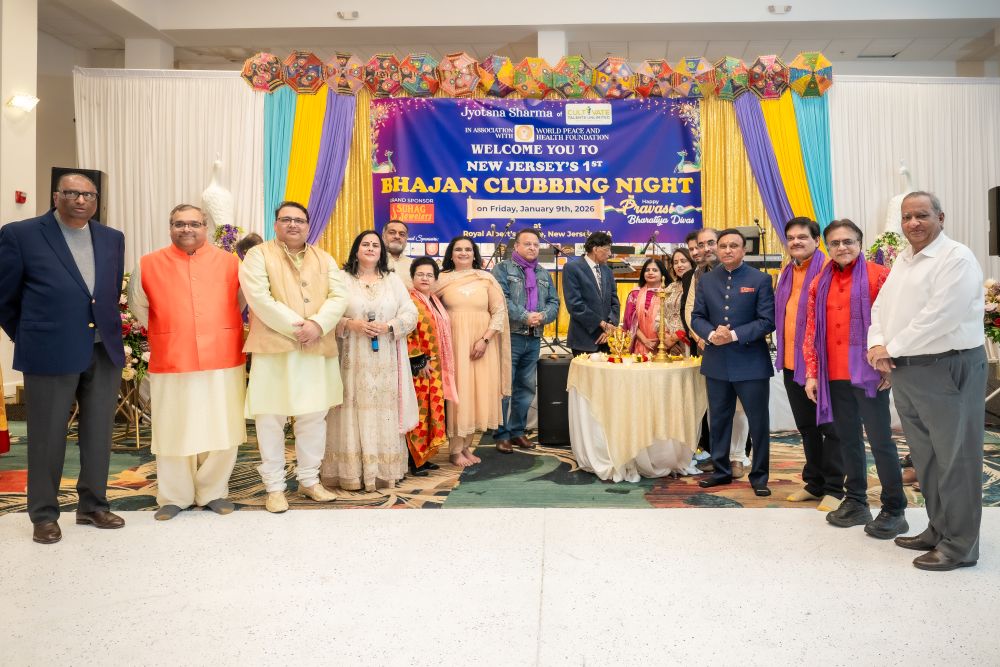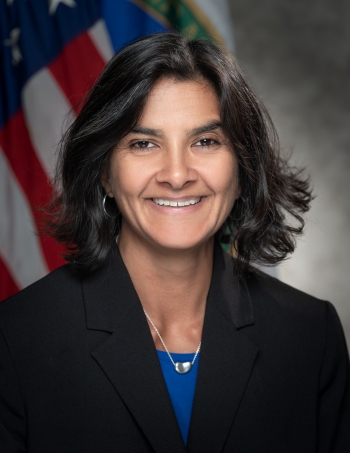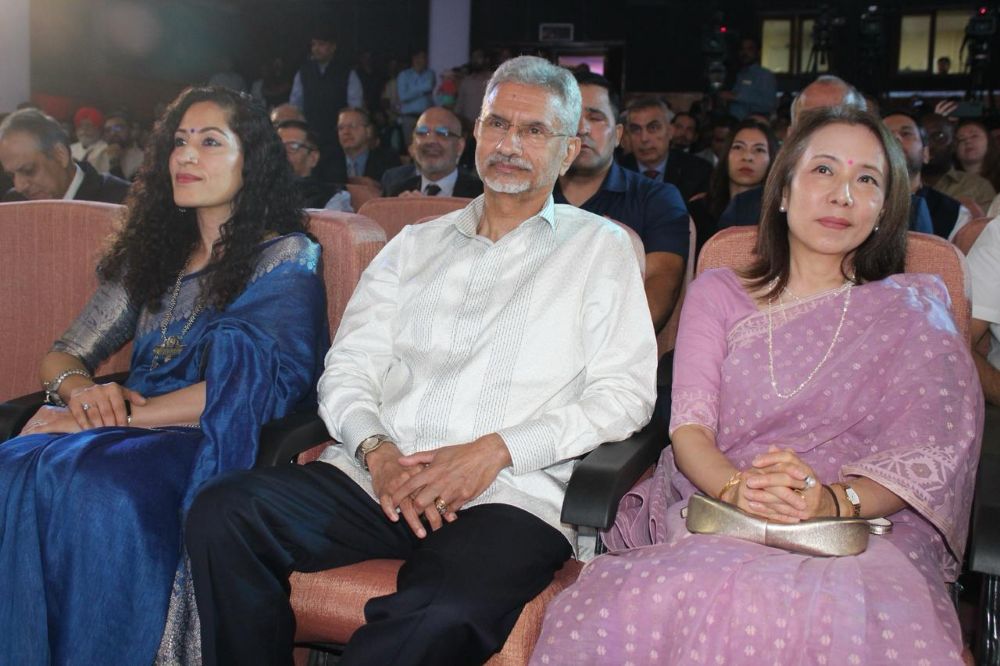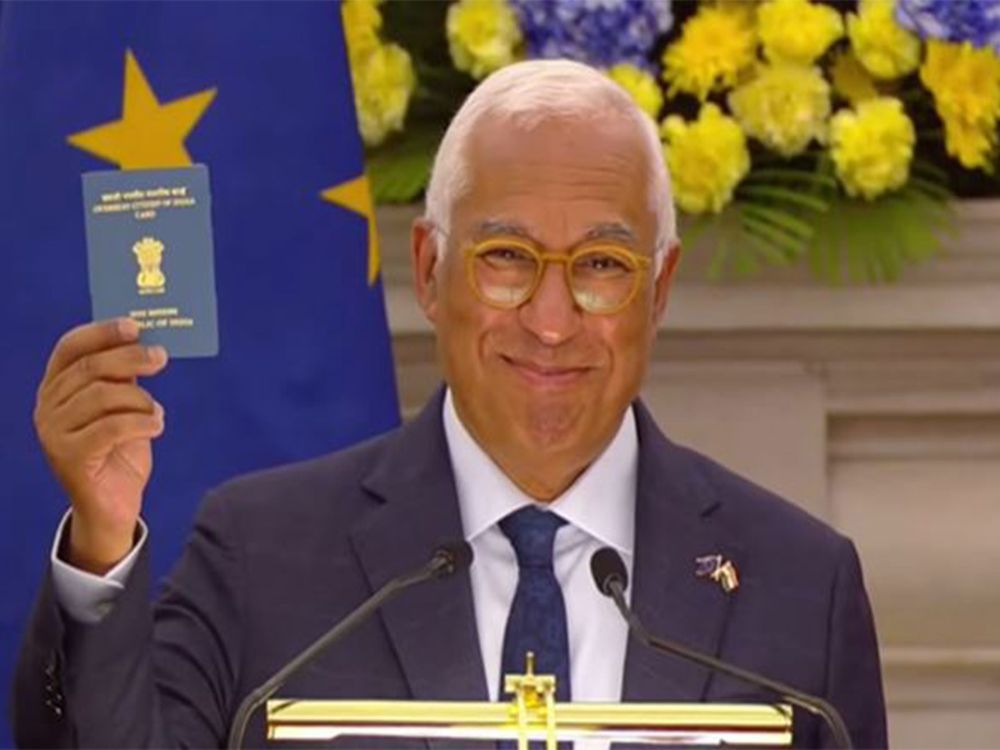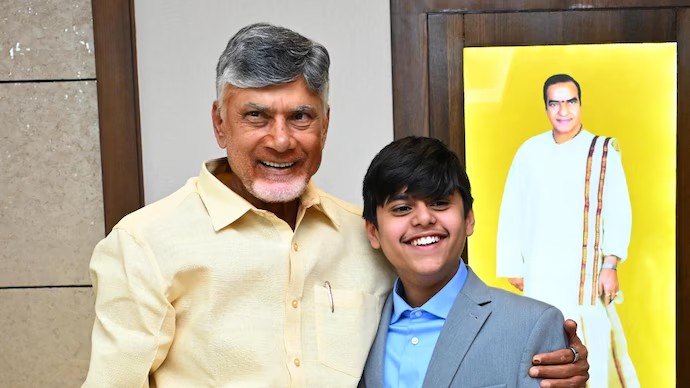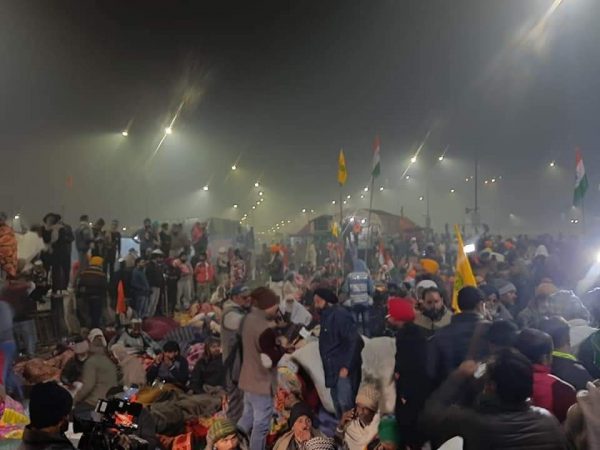During the National Security Advisor’s visit, both nations agreed to maintain sustained attention to achieve outcome-oriented deliverables within definitive timelines
Our Bureau
Washington, DC
United States Secretary of State Antony Blinken met National Security Advisor Ajit Doval and said America is expanding its cooperation with India to address global challenges. “The United States is expanding cooperation with India to address global challenges. I had a good meeting with Indian National Security Advisor Ajit Doval today to discuss deepening our strategic partnership.,” Blinken said tweeted. Doval is on an official visit to Washington from January 30-February 1. He is accompanied by senior government officials and leaders of Indian industry.
India’s Ambassador to the US Taranjit Singh Sandhu hosted NSA Doval, US Senators Mark Warner, and John Cornyn at India House and held talks on advancing ties. “Pleasure to host NSA Ajit Doval, Senator @MarkWarner & Senator @JohnCornyn, Chair & Member of the Select Committee on Intelligence & co-chairs of the India Caucus, at India House. Important conversation on advancing ties,” Sandhu tweeted.
During his visit, both nations agreed to maintain sustained attention to achieve outcome-oriented deliverables within definitive timelines, the Ministry of External Affairs said in the press release.
NSA interacted with US policymakers and stakeholders across government, Congress, business, academic and research communities on a range of bilateral, regional and global issues of mutual interest, it said.
Apart from his meeting with US NSA Jake Sullivan, Doval held a meeting with Chairman of the Joint Chiefs of Staff General Mark Milley, Acting Secretary of Defense Kathleen Hicks, key Senators and industry leaders. He is scheduled to meet Secretary of State Anthony Blinken later during the visit, the press release said.
Doval and Sullivan co-chaired the inaugural meeting of the initiative on Critical and Emerging Technologies (iCET) at the White House on January 31. The announcement regarding the initiative on Critical and Emerging Technologies was made by Prime Minister Narendra Modi and US President Joe Biden during their meeting in Tokyo in May 2022.
Doval was joined at the iCET launch by the Ambassador of India to the United States Taranjit Singh Sandhu, Principal Scientific Advisor, Secretary, Department of Telecommunications, Chairman of ISRO, Scientific Advisor to the Defense Minister, Director General, DRDO, and other senior officials from National Security Council Secretariat and Ministry of Electronics and Information Technology.
From the US side, NASA Administrator, Director, National Science Foundation (NSF), Deputy National Security Advisor, amongst others participated. iCET aims to position the two countries as trusted technology partners by building technology value chains and supporting the co-development and co-production of items. It also aims to address regulatory restrictions, export controls and mobility barriers through a standing mechanism.
The US side has assured support to ease export barriers to India in a few critical areas, including through efforts towards legislative changes. At the launch, emphasis was placed on strengthening linkages between the startup ecosystems and building innovation bridges in key sectors between the two countries, through expos, hackathons and pitching sessions, as per the press release.
Considering the importance of quantum technologies, the two sides established a quantum coordination mechanism with participation from industry and academia, the Ministry of External Affairs said in the press release. In the field of semiconductors, the US supported the development of a fabrication ecosystem in India and encouraged joint ventures and partnerships for mature technology nodes and advanced packaging.
It was agreed to constitute a task force involving India’s Semiconductor Mission, India Electronics Semiconductor Association (IESA) and the US Semiconductor Industry Association (SIA) to develop a “readiness assessment” to identify near-term opportunities and facilitate longer-term development of semiconductor ecosystems, according to the press release.
In the defence manufacturing sector, India and US agreed to focus on joint production of key items of mutual interest. The US committed to an expeditious review of the license application submitted by M/s General Electric to produce jet engines in India for the indigenously manufactured Light Combat Aircraft. A new Innovation Bridge will be established to connect defence startups on both sides.
In the field of space, there was an appreciation of the opportunities offered by the opening up of India’s space sector and the contribution of India’s space tech companies to the United States. Both sides agreed that ISRO will work with NASA on human space flight opportunities, NASA’s Commercial Lunar Payload Services (CLPS) project and STEM talent exchanges. India and US agreed to launch a public-private dialogue covering 5G/6G and ORAN using trusted sources.
During the iCET launch, a new Implementation Arrangement between the Department of Science and Technology of India and the National Science Foundation of the US was signed by the Ambassador and NSF Director in the presence of Doval and Sullivan.
Taranjit Singh Sandhu tweeted, “Deepening bilateral cooperation in S&T Delighted to sign the Implementation Arrangement between Dept of Science & Tech @IndiaDST and National Science Foundation @NSF, along with my good friend Panch @DrPanch and in the presence of NSAs Ajit Doval and @JakeSullivan46.”
During the visit, an iCET Roundtable with the US and Indian industry at the US Chamber of Commerce was held. It provided an opportunity for sharing of ideas for bolstering high-technology partnerships between government, industry and academia, according to the press release.
Ambassador Sandhu on January 31 also hosted a reception for NSA at India House. US Secretary of Commerce Gina Raimondo, Jake Sullivan, Acting Secretary of State Wendy Sherman, several high officials from the US Administration, and CEOs of advanced technology companies and funds, heads of leading US universities participated in the reception.
Ajit Doval also met the board members of the US-India Strategic Partnership Forum (USIPF) and held discussions on enhancing cooperation in defence, space, cybersecurity, undersea and innovative intelligence, according to the statement released by USIPF.
In the one-hour-long discussion that took place on Wednesday, both Doval and board members held a discussion on enhancing cooperation in surveillance, building sophisticated reconnaissance systems, and US restrictions on the export of technology. The US-India Strategic Partnership Forum (USISPF) is committed to creating the most powerful partnership between the United States and India. As the only independent not-for-profit institution dedicated to strengthening the U.S.-India partnership in Washington, D.C, and in New Delhi, USISPF is the trusted partner for businesses, non-profit organizations, the diaspora, and the governments of India and the United States.
According to the statement, since the seminal nuclear deal, the U.S.-India defense cooperation has only improved over the years. This meeting underscored U.S. defense companies’ commitment to producing military hardware under the Government of India’s Atmanirbhar Bharat (Self-Reliant) initiative and, on the software side, on advanced technologies in cybersecurity and artificial intelligence (AI).
USISPF members touched on how the private sector can coalesce and work with both governments on traditional defense capability and deep-tech collaboration, especially in the era of autonomous weapons where non-state actors pose a pernicious threat to a nation’s vulnerability.
In this meeting, USIPFF president and CEO Mukesh Aghi said the NSA received in the US mark a high point in the defence and strategic relationship between Washington and New Delhi.
“It also accentuates the level of trust that the United States has in India, as a key defense partner, despite not being a treaty ally. USISPF believes it is time for the U.S. to remove the export barriers of the late 1990s and allow its private sector to work with its Indian counterpart to take the U.S.-India defense partnership to the next level,” he said.
As India and the U.S discuss greater cooperation in critical and emerging technologies, USISPF will work with both governments and the private sector to enhance synergy across defense security, cyber security, artificial intelligence, and the Make in India initiative to consolidate India as a hub for defense manufacturing in the Indo-Pacific region.
The US side has assured support to ease export barriers to India in a few critical areas, including through efforts toward legislative changes. At the launch, emphasis was placed on strengthening linkages between the startup ecosystems and building innovation bridges in key sectors between the two countries, through expos, hackathons, and pitching sessions, as per the press release.


















